Signal Iduna Park – Borussia Dortmund
- Stephan Hoogerwaard
- Oct 3, 2018
- 5 min read
Updated: May 17, 2023
Photos by Stephan Hoogerwaard, Stadium Journey
Stadium Info FANFARE Score: 4.57
Signal Iduna Park Strobelallee 50, 44139 Dortmund, Germany
Year Opened: 1974
Capacity: 81,360
Germany’s Big House
The Signal Iduna Park is the largest soccer (football) stadium in Germany which seats 81,360 spectators. Opened in 1974 as Westfalen Stadium it is the home of the football club Borussia Dortmund. Before that time Borussia Dortmund played their home matches in the Stadion Rote Erde (which means ‘red soil’).
This outdated stadium became quickly too small for the growing number of spectators of the club in the sixties (fortunately the old stadium is still there and lies next to the east stand of the Signal Iduna Park). Initially, there was not enough money for a new stadium, but because the city of Dortmund was designated as one of the host cities for the World Cup in 1974, the funding did come around.
The stadium was completed in 1974 and was named Westfalen Stadium (named after the state of North Rhine-Westphalia). On the 2nd of April of that year, the stadium opened with a friendly match between Borussia Dortmund and their big rivals FC Schalke’04. At the time of the opening, it could hold 54,000 spectators (17,000 seats and 37,000 standing). During the 1974 World Cup, the Westfalen Stadion hosted three first-round group matches and the second-round group match Holland vs. Brazil 2-0.
Several years later the north stand was converted into an all-seater stand leaving only 42,800 places remaining inside the stadium. In the mid 90’s there was the beginning of several conversions of existing stands; by adding extra tiers to these stands there were more places created. In 1997 the capacity of the Westfalen Stadion was 68,800. The most recent renovation began in 2002 when the four corners of the stadium were closed for the approaching World Cup in 2006. At that time the stadium held just over 82,000 places.
On the 1st of December 2005, the Westfalen Stadium was renamed Signal Iduna Park. The insurance company Signal Iduna connected its name to the stadium in return for providing financial support to Borussia Dortmund.
In 2006, Signal Iduna Park was one of the playing venues of the World Cup 2006 which was held in Germany. During the tournament, the stadium was converted to an all-seater stadium, which temporarily brought back the capacity to 67,000 seats. During the tournament, the stadium hosted four group matches, one round-of-16 match and the semi-final between Germany and Italy.
After some small adjustments in the 2010-2011 season, the current stadium capacity is 81,360 spectators. We visited the Supercup 2017 match between German giants Borussia Dortmund and FC Bayern München (2-2). Bayern lifted the trophy after a penalty shoot-out.
Food & Beverage 4
Besides a large variety of bratwurst, hamburgers, and pizza slices at one of the many counters inside the stadium, there is also a large choice of drinks. Lucky us, because at the match of this review, it was over 30 degrees Celsius this day. A cup of 0,3 litre tea or coffee cost € 2,70 and half a litre of still water is sold for € 3,20.
All sodas are sold in one size (0,5 litre), for a Fanta or Coca-Cola you pay € 3,50. One plus and one minus about the drinks, usually in German stadiums you have to pay a deposit for the cup in which your drink is served. But at this special match, there was no deposit needed. Unfortunately, there was no beer available inside the ground, we could only buy half a litre of Brinkhoff’s light beer for € 3,70. That was a bummer.
Atmosphere 5
Well, what can I say, the atmosphere during this big match was great. The stadium was packed to the rafters. The Dortmund supporters were very vocal on this day. Maybe they were fired up by their early lead as US-star player Christian Pulisic scored the first goal of the match for Dortmund. The Süd-tribune (known as ‘Gelbe Wand’ or Yellow Wall) is impressive; it has room for 25,000 standing places…the largest of its kind in Europe.
Neighborhood 4
The stadium is located 4 kilometres south of the city of Dortmund next to the Westfalenhalle (a large indoor arena and conference centre). Just a short 100 metres behind the north stand there is a pedestrian overpass across the motorway E40 which brings you to a good residential area (Kreuzviertel). Here you can find a lot of pubs and good restaurants. We can recommend restaurant Mongo’s in the Lindemannstrasse, which is less than a 10-minute walk from the stadium.
Fans 5
Bayern München brought over 5,500 supporters to this first match of the season. Before the match, both home and away fans mingled and met in the various ‘beirgartens’ around the stadium. Inside the stadium, the away fans are housed in the northeast corner of the stadium (seated) and on the lower tier of the north stand (standing). The most fanatic home supporters are located in the Süd-tribune (south stand).
Access 5
The Signal Iduna Park is located 4 kilometres from Dortmund’s city centre. Arrive by car at the stadium early to park at the Wittekindstrasse (following Motorway E40 from the west). From here it is a 10-minute walk to the stadium. In the suburbs surrounding the stadium, there is street parking everywhere. When you decide to travel from the city centre to the stadium, you can go to Signal Iduna Park by train or by U-Bahn (metro). There is a U-Bahn stop called Westfallenhalle which is closest to the stadium.
Return on Investment 4
We paid € 43, each for tickets which is in my opinion quite expensive for 90 minutes of soccer. The tickets for this big fixture varied from € 15,60 for a standing place at the Süd-tribune to € 69, for a seat on the halfway line at the West stand. For this match, one could also buy business-seat tickets, but they were sold for € 350, each; this was way beyond our budget.
Extras 5
The tickets for the football match can be used as public transport tickets as well, up to three hours before and after the match you can travel for free by tram, bus or metro to the stadium. There is a brand new fan shop on the corner of the North and East Stand where you can buy almost everything you can imagine in the club colours. The Süd-tribune is unique. During match days the Borussia fans are all dressed in yellow shirts (the club colours of Borussia Dortmund, yellow shirt, black jersey). That is an impressive sight!
Final Thoughts
Borussia Dortmund has the largest stadium in Germany and is always sold out. If you want to experience the true German football culture then the Signal Iduna Park is the place to be, you can find it all here!




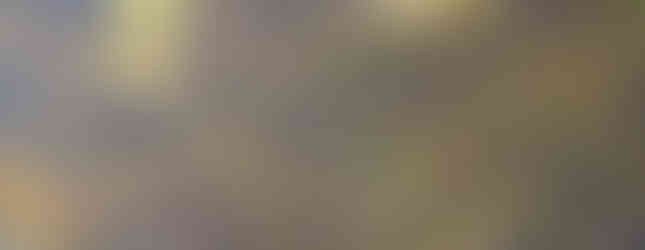

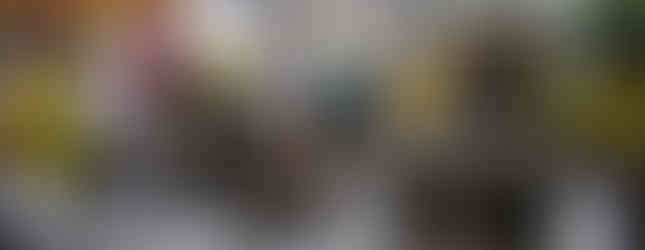

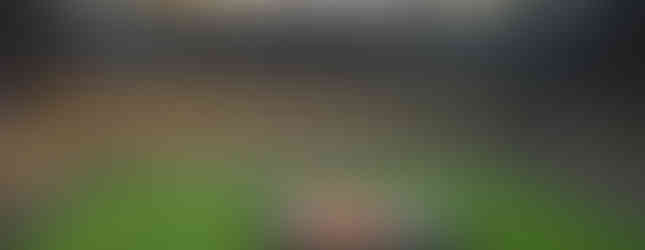

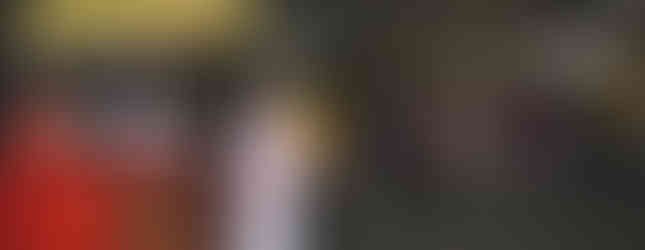

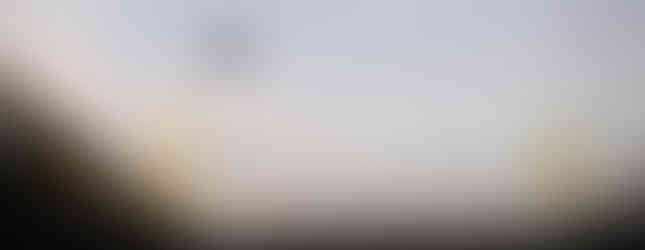

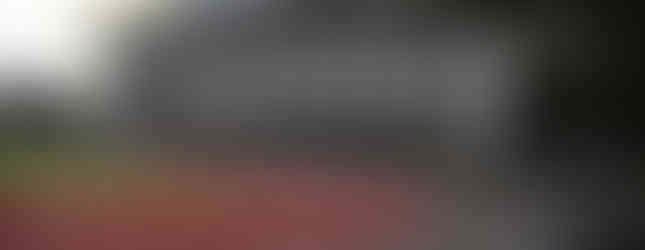

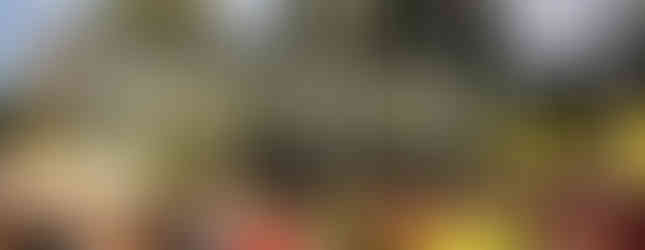

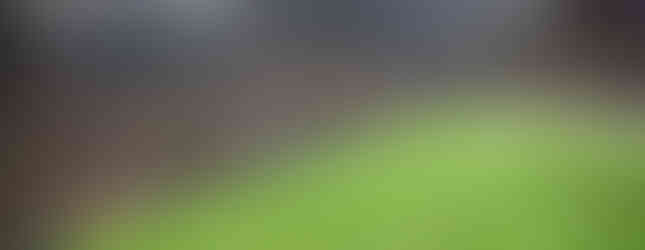



תגובות